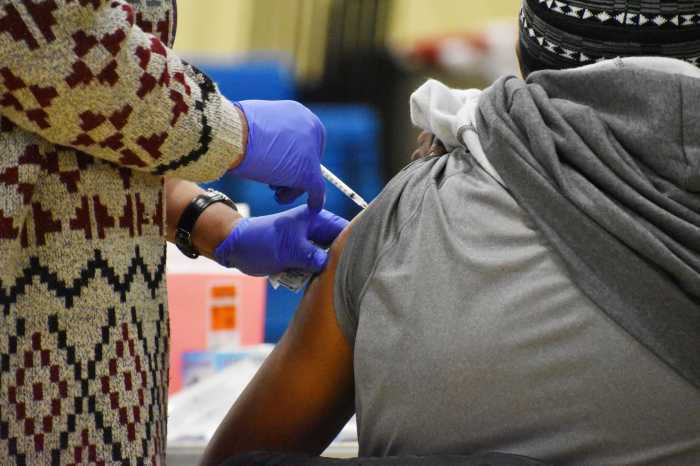
With summer in full swing, people are more likely to work out and be more physically active. Patients may suffer from bottom of the foot pain which can likely be plantar fasciitis. Two million patients receive treatment for plantar fasciitis, annually. It the most common cause of heel pain and is frequently seen in runners. Fortunately, plantar fasciitis is one of the more treatable orthopaedic ailments out there, and often does not require surgery. There are many at-home remedies that can ease the symptoms such as using a simple stretching routine.
Plantar fasciitis is pain and inflammation of the fascia (thick band of tissue) on the bottom of the foot that spans from the heel to the ball of the foot. It typically causes a stabbing pain, occurring with the very first few steps in the morning. Once the foot warms up, the pain normally decreases but may return after prolonged standing or getting up from a seated position. Risk factors for developing plantar fasciitis include:
- Wearing high heels
- Weight gain
- Increased walking, standing, stair-climbing
- Running
- Poor supportive footwear (i.e. flip flops, minimalist sneakers, flat shoes lacking arch support or cushioned heel)
- Limited ankle range of motion
- Heel spurs
However, there are many treatments that can help, including:
- Anti-inflammatory medications (Ibuprofen, Motrin, Advil, or Aleve) as directed by your healthcare provider
- Early morning stretches before getting out of bed and throughout the day
- Formal physical therapy
- Ice massage and deep tissue massage of foot’s arch
- Shoe inserts: gel heel cups, arch supports (Powerstep insoles), custom orthotics
- Shoes with a rigid sole (ex: Birkenstocks sandals)
- Avoid barefoot ambulation while tissue is inflamed. Instead, wear sandals with a stiff sole such as Birkenstocks.
- Night splints in severe cases
- Conservative therapy (stretches, exercises, shoe wear modification) should be used for a minimum of 6 months but preferably 12 months.
- Heal time can take anywhere from 3-12 months depending on your activity level and how consistently you are using at-home treatments
- Cortisone injections are rarely given since they increase the risk of atrophy (wasting) of the fascia leading to tears, and increased risk of infection.
If you’ve been using these treatments for a week or more with no pain relief for your plantar fasciitis, then it may be time to see an orthopaedic specialist. At Rothman Orthopaedics, our team of doctors and Advanced Practice Providers are some of the best in the area at treating those dealing with sports medicine-related injuries. To make an appointment, call 1-800-321-9999 or you can come into one of our walk-ins/urgent care located in Abington, Center City, Philadelphia or Limerick in Pennsylvania as well as Marlton or Hamilton in New Jersey.
Jennifer Ngo, MSN, CRNP is a Nurse Practitioner at Rothman Orthopaedics and sees patients in the Center City, Philadelphia walk-in clinic location. For information, visit RothmanOrtho.com.




























